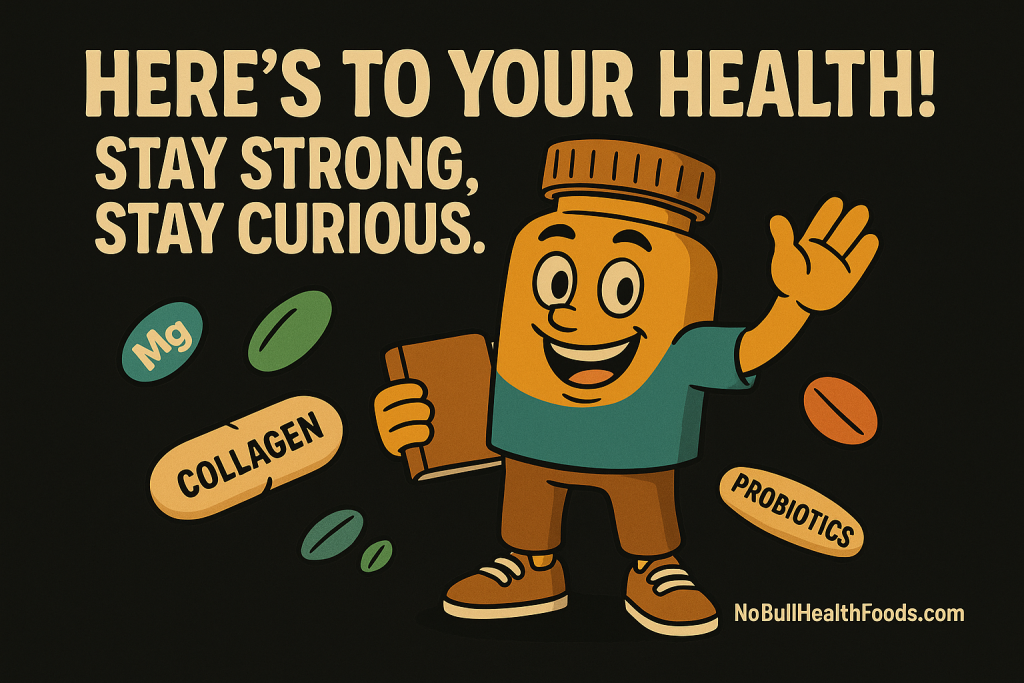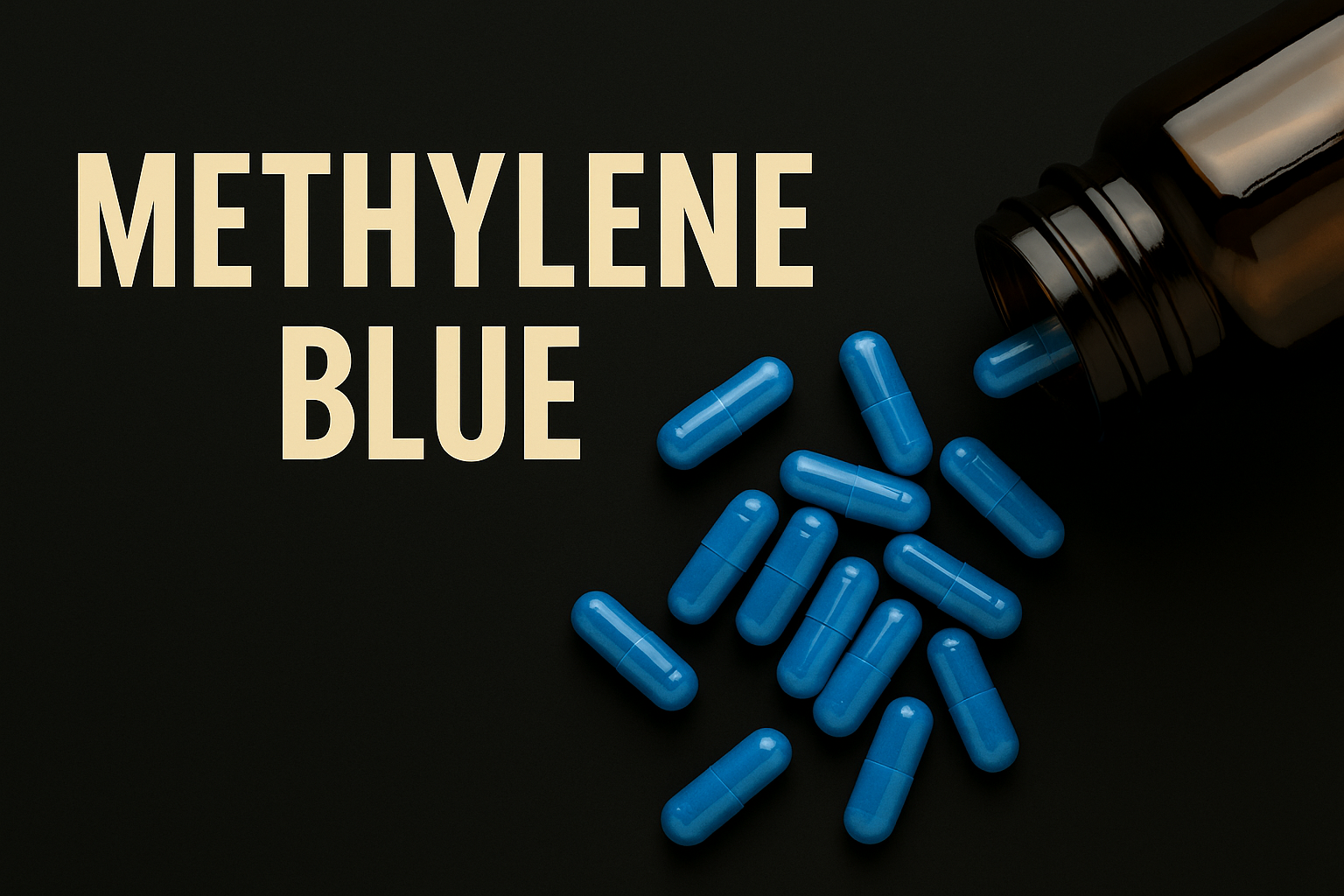Methylene Blue might sound like something from a chemistry lab — and it is. But lately, this vivid blue compound has caught the attention of health hackers, longevity enthusiasts, and brain-boosters. From improving memory to enhancing mitochondrial energy, it’s being hailed as a next-generation supplement. So, is it a breakthrough or just another hyped-up trend?
Let’s break it down in this no-bull article.
🔬 What Is Methylene Blue?
Originally used as a dye and later as a treatment for malaria and blood disorders, Methylene Blue (MB) has been around since the 1800s. Today, it’s being explored for its ability to support mitochondrial function, brain health, and anti-aging — especially at low doses.
Unlike many trendy supplements, MB crosses the blood-brain barrier, making it particularly interesting for cognitive enhancement.
🧠 Claimed Benefits of Methylene Blue
Supporters of Methylene Blue claim it can:
- Boost mental clarity and memory
- Enhance cellular energy (ATP)
- Support mood and neurotransmitter balance
- Act as a neuroprotective antioxidant
- Promote longevity by reducing oxidative stress
Some even call it a “mitochondrial repair tool” — bold claims that are now being tested in early-stage research.
🧪 How It Works
MB works by acting as an alternative electron carrier in the mitochondria. Translation: it helps your cells produce energy more efficiently.
It also helps reduce free radicals, which contribute to inflammation and aging. That’s why it’s being studied for use in conditions like Alzheimer’s, Parkinson’s, and age-related cognitive decline.
In small doses, MB may:
- Increase ATP production
- Improve oxygen use in the brain
- Enhance memory consolidation
However, in high doses, it may become toxic or interfere with certain medications.
📋 Dosage and How to Take It
Low-dose MB is usually taken as:
- Sublingual drops
- Lozenges
- Capsules
Typical cognitive-supporting doses range from 0.5 mg to 2 mg per kg of body weight. Start low — very low. And always consult a healthcare professional, especially if you’re on medications like SSRIs, as MB can raise serotonin levels.
Warning: It can stain your mouth, teeth, clothes, and even turn your pee blue.
✅ Pros
- Backed by early research for brain and mitochondrial health
- Fast-acting in low doses
- Affordable and widely available
- May enhance memory and mental performance
- Promising for anti-aging and neuroprotection
❌ Cons
- Can interact with medications (e.g., antidepressants)
- Not well-regulated as a supplement
- High doses may be dangerous
- Causes staining (mouth, skin, urine)
- Long-term human safety data is limited
🧠 Who Is It For?
MB might be helpful for:
- Biohackers looking to boost energy and focus
- People interested in longevity and neuroprotection
- Those exploring early-stage nootropics
It’s not recommended for:
- People on SSRIs or other serotonin-boosting drugs
- Anyone pregnant or breastfeeding
- Those unwilling to experiment carefully
📊 What the Research Says
Some peer-reviewed studies suggest low-dose Methylene Blue improves memory and cognitive function. Animal studies support its neuroprotective effects. But large-scale human trials are still limited.
So far, the most promising evidence is in:
- Improved brain metabolism
- Mood stabilization
- Delay in age-related decline
But more research is needed — especially on long-term use.
🧾 Final Verdict: Worth It?
In small doses and under the right conditions, Methylene Blue looks like more than just hype. It may truly enhance energy, clarity, and longevity — but it’s not without risks. This is a supplement for the curious, the cautious, and the well-informed.
If you’re looking for a new edge in brain performance or a nudge toward healthier aging, Methylene Blue might be worth a closer look.
Just don’t forget: your pee will probably turn blue.
For more no-nonsense supplement reviews, head to No Bull Health Foods — where science beats fluff every time.

👉 Like this article? Share it on Facebook 💬
➡️ Join our private Facebook group here! [Join Now]

Leave a Reply